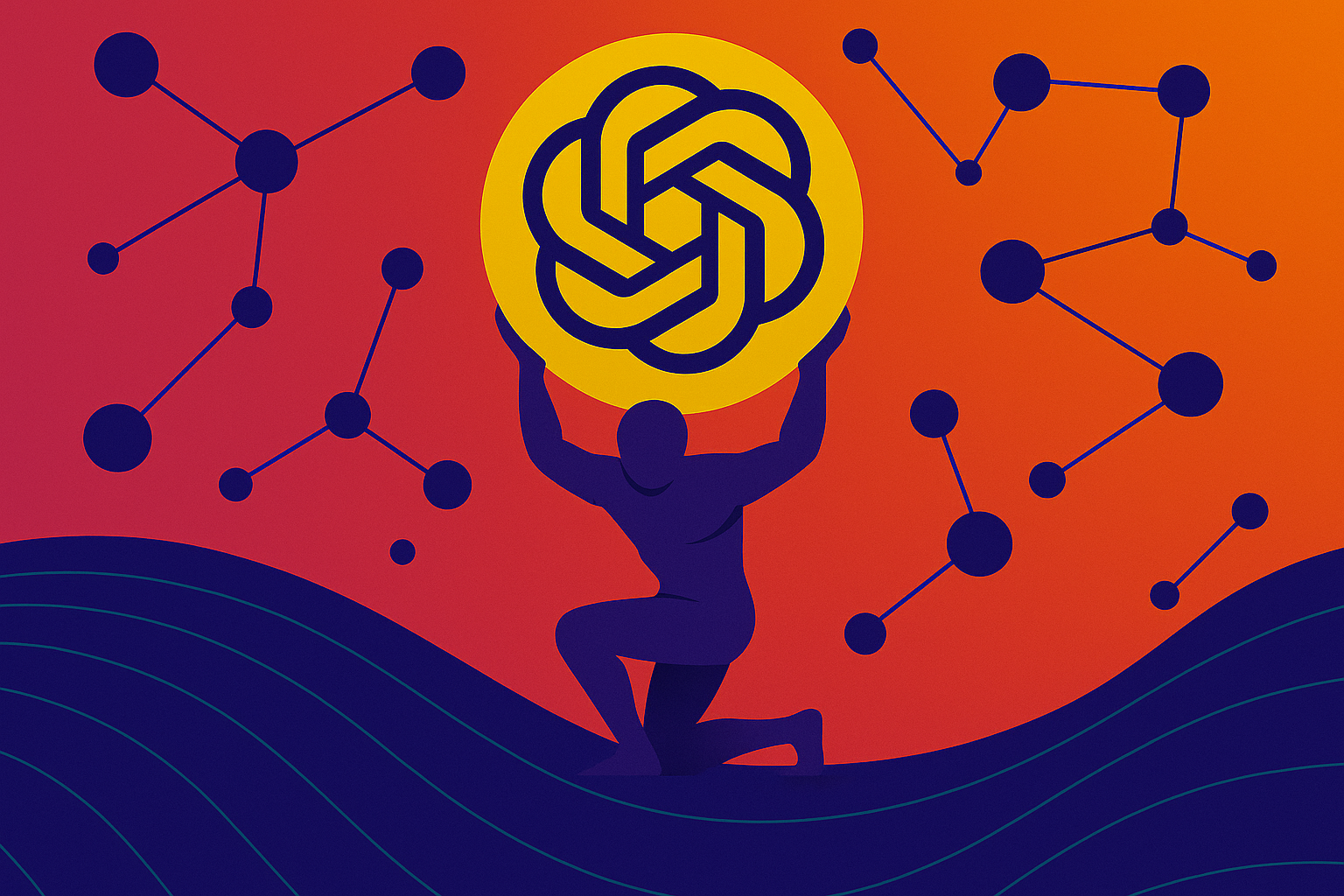OpenAI launches Atlas, a new web browser built around ChatGPT integration

Atlas is designed to make everyday web tasks easier with AI support, and it's now available worldwide for macOS. Versions for Windows, iOS, and Android are in the works, but OpenAI hasn't announced release dates yet.
Atlas runs on Chromium, the open-source foundation behind Chrome and Edge. It brings standard features like tabs, bookmarks, extensions, and incognito mode, and layers OpenAI's language models support onto every website you visit.
ChatGPT can be launched from a new tab or a sidebar and automatically recognizes the context of the page you're viewing to deliver tailored responses. In text fields—such as forms or emails—ChatGPT offers inline editing and writing suggestions.
You can control Atlas using natural language commands like "Clear my tabs" or "Show me yesterday's shoes." These commands run right in the browser, with ChatGPT responding in context to the page you're on.
Atlas can optionally save your browsing history to help automate tasks or retrieve previous content. This memory feature ties in with ChatGPT's reminders and can be viewed, edited, or deleted at any time. It's turned off by default in incognito mode. OpenAI says your data won't be used to train AI models unless you actively opt in.
Parental controls allow you to disable the memory feature or agent mode for specific users. There's also a logged-out mode, where ChatGPT operates with limited functionality.
Agent mode: advanced automation for paying users
Agent mode, currently in preview for Plus, Pro, and Business users, takes things further. Built on OpenAI's Computer-Use-Agent, it lets ChatGPT perform complex tasks directly in the browser, such as searching, booking, editing documents, or filling out forms.
The agent interacts with the web page by clicking, typing, and navigating interfaces. For complicated workflows, it may still need user input. Users remain in control of what the agent can access and store, according to OpenAI.
But security experts have repeatedly warned that this level of autonomy comes with important caveats, since autonomous browser agents can be vulnerable to hacking or manipulation. It's best not to share sensitive information or automate critical sites when using agent mode. Even OpenAI CEO Sam Altman has publicly advised against using ChatGPT agent for sensitive tasks.
Atlas can be downloaded at chatgpt.com/atlas. On first launch, you can import bookmarks, passwords, and browsing history from other browsers. More demos are available on YouTube.
By launching its own browser, OpenAI is taking a page from Google's playbook. Chrome's dominance has allowed Google to put its search engine, web services, and AI features directly in front of users, making Chrome the default gateway to the internet for billions.
With Atlas, OpenAI is seeking a similar distribution edge. Instead of waiting for users to visit a specific website or open a separate app, OpenAI can integrate ChatGPT into people's daily browsing habits. This gives the company a direct channel to the desktop, making it easier to roll out new features, gather usage data, and keep users engaged without the extra hurdle of a separate download or service.
AI News Without the Hype – Curated by Humans
As a THE DECODER subscriber, you get ad-free reading, our weekly AI newsletter, the exclusive "AI Radar" Frontier Report 6× per year, access to comments, and our complete archive.
Subscribe nowAI news without the hype
Curated by humans.
- Over 20 percent launch discount.
- Read without distractions – no Google ads.
- Access to comments and community discussions.
- Weekly AI newsletter.
- 6 times a year: “AI Radar” – deep dives on key AI topics.
- Up to 25 % off on KI Pro online events.
- Access to our full ten-year archive.
- Get the latest AI news from The Decoder.